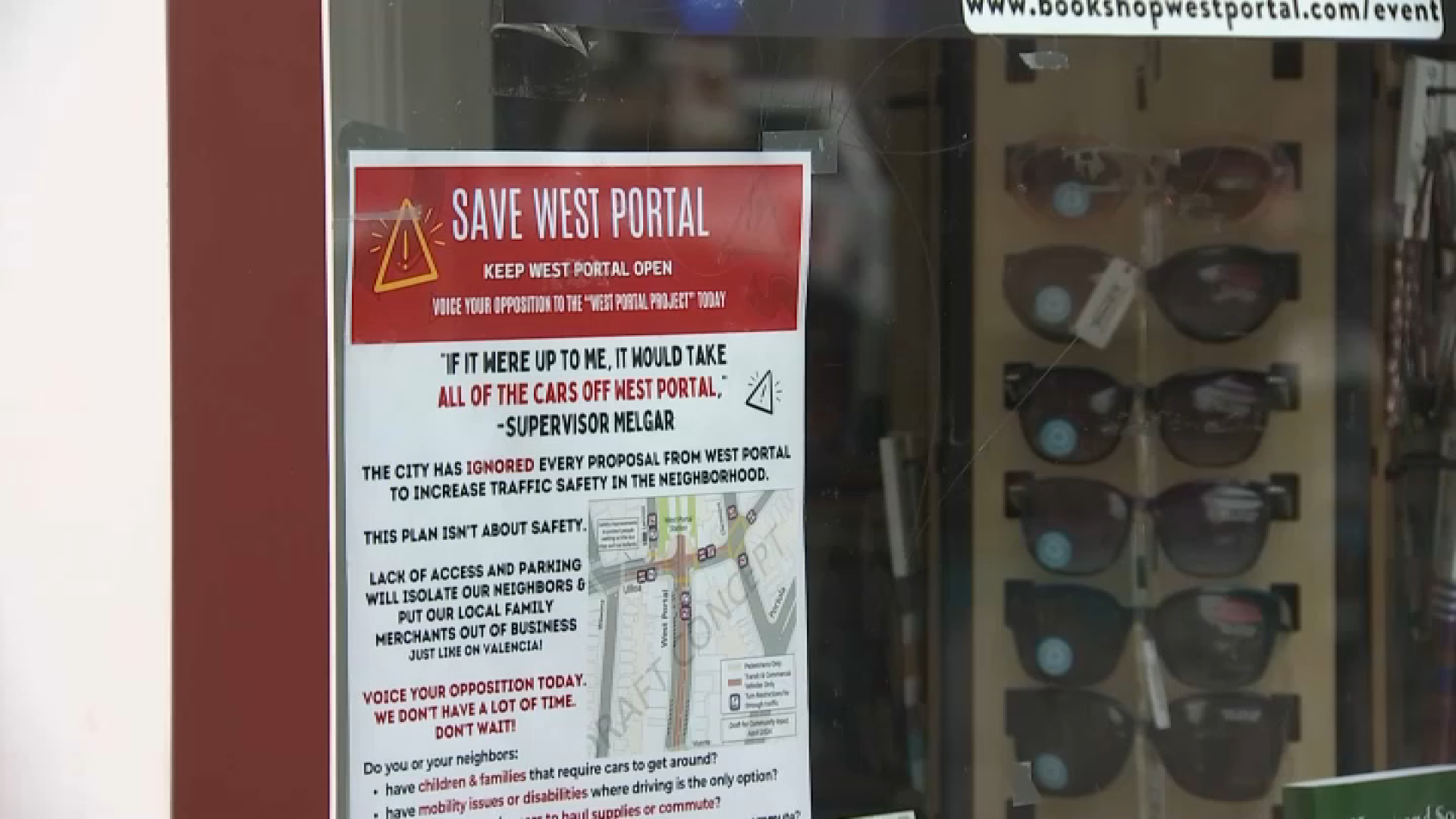BART officials said Thursday the breakdown in the Oakland subway tunnel earlier this week came after the simultaneous failure of air compressor units on separate cars on the same eight-car train.
BART board President Bevan Dufty also acknowledged Thursday that the transit agency could have better handled Monday’s breakdown. Riders were left stranded without any idea what was going on for 90 minutes.
“I apologize for BART that we let people down with this situation,” he said.
But he said BART’s investigation into what went wrong is progressing, with engineers now pointing to the failure of air compressor units on each of two linked cars at nearly the same time.
BART’s acting general manager Robert Powers called that double failure a “fluke.”
“It is very strange,” he said, “and it’s under investigation right now.”
He said the new fleet trains will still function when one of the air compressors fails. But on Monday, two failed on cars that were joined together. And that severed a vital link that is maintained by air pressure.
Local
“Losing that air pressure caused the car-to-car communications to fail,” Powers said. “So it rendered that train in fail-safe mode, and it couldn’t move.” That, he says, is how the train is designed to respond when the link goes down.
In a twist, just a few hours later, the compressors started working when BART powered up the hobbled train. Engineers are still investigating how that happened.
But Powers acknowledges this is not the first time BART has had compressor problems on the new fleet, including still ongoing trouble with the operation of the compressor coolant system.
“There have been a couple of other challenges we’ve had with the compressors, but right now our engineering folks don’t think they are related,” Powers said.
Spokeswoman Alicia Trost says BART is working with the train-maker Bombardier on the compressor challenges.
“If a determination is made that we do need to work with Bombardier to make modifications to the air compressors, we absolutely will,” she said. “We are just not quite there yet.”
Meanwhile, Dufty says he remains optimistic that the compressor issues will be fixed and that 775 new cars in the Fleet of the Future will replace the entire existing fleet of aging trains by the new target date of 2023.
“We do feel that every day we’re learning more and more about these new trains,” Dufty said. “So I think we are sort of like the engine that could. We are getting faster and more regular about it."



